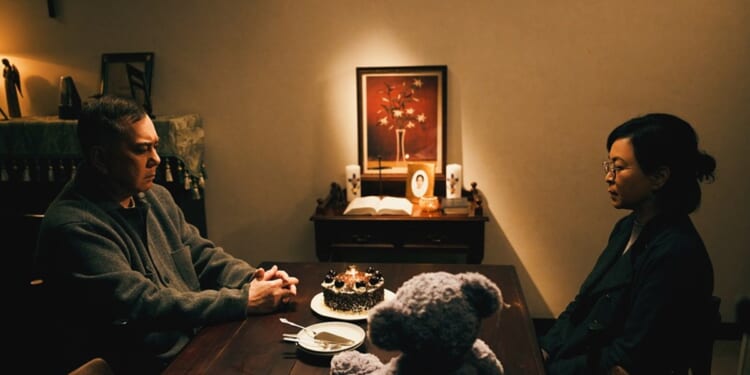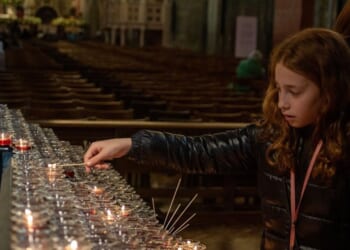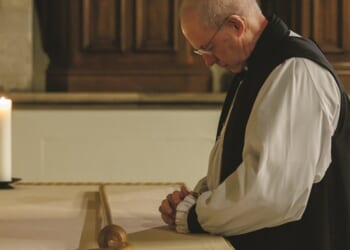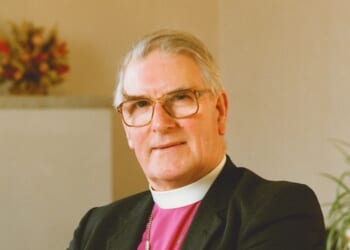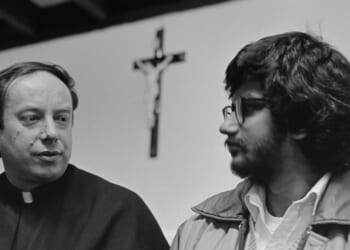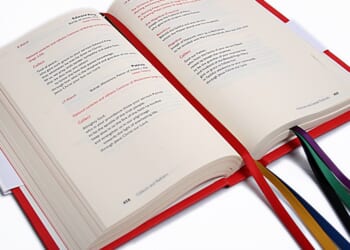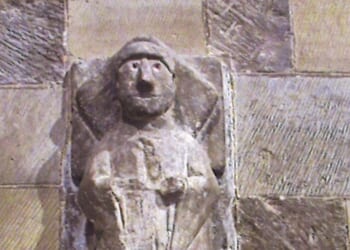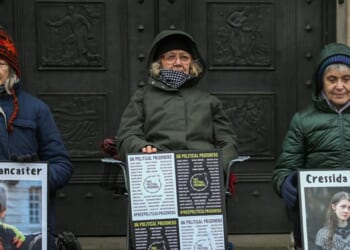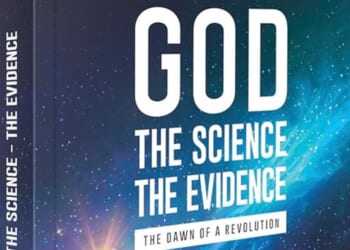THE film Valley of the Shadow of Death (Cert. 15) centres on a clergy family after an earlier tragedy. Pastor Leung (Anthony Chau-Sang Wong) is being questioned by a journalist while his wife (Louisa So) noisily tidies up, apparently indifferent to how he responds. Mrs Leung, outwardly supporting her husband at the Church of Faith and Love, is inwardly seething. How could God permit the rape and death of their only child, Ching (Sheena Chan)?
The setting is Hong Kong, but the subject transcends national boundaries. Leung took up his present appointment in a desperate attempt to put behind them all feelings of hatred towards the perpetrator. Unsmilingly, he goes about his business, including street ministry to the homeless. His co-worker draws attention to a young man, suggesting that the church give him temporary shelter. A close-up of Leung’s face says it all; for this is Ah Lok (George Au Chun-hoi), responsible for Ching’s assault and death.
Fresh from prison, the young offender cannot forgive himself for what he did. But nor can the girl’s parents. Leung struggles to allow God’s mercy to take dominance in his soul, torn between revenge and Christ’s teaching. In a sermon, the pastor reminds the congregation (and himself) that we are to forgive seventy times seven. Easier said than done. Matters are clearer cut for his spouse, who, in effect, tells Ah Lok that God may forgive him, but she never can. Spiritually and emotionally, she has a point. Ultimately it is God’s prerogative, not hers.
The film opens with words flashed on screen bidding us to remember this from James 5.20: “Whoever turns a sinner from the error of their way will save them from death and cover a multiple of sins.” It is like a gauntlet thrown down that challenges the pastor to find a way out of an impossible situation for him. In that respect, it is no different a narrative from, say, a Bond movie in which the hero seems doomed, only to come through bloodied but unbowed. Except, we cannot be certain that Leung will.
In any event, it is Ah Lok who turns the tables on his mentor by saying that he is now able to forgive Ching. The film then reveals new layers of wrongdoing. Its directors Sen Lam and Antonio Tam manage to convey the complexities of sinfulness without being preachy. The cinematographer Shek-Keung Wong’s muted palette enables us to empathise with these characters as they walk under the shadow of death, at times questioning whether God is accompanying them through this vale of tears. There are some strongly symbolic moments. In a scene reminiscent of the mercenary Rodrigo Mendoza’s act of penance in The Mission (1986), Leung has Ah Lok carry a cross up a steep hillside.
Further ritual concerns the sacrament of baptism, the outcome of which, alas, has been all too obviously signalled. It does, however, allow for welcome acts of redemption, carrying the hope of living hereafter the kind of godly, righteous, and sober lives expected in parsonages everywhere.
On current release

